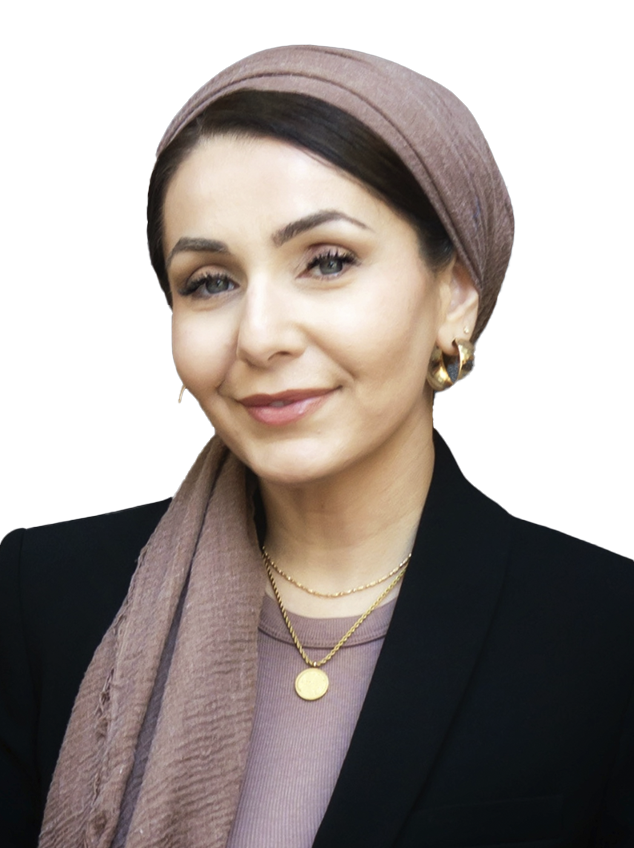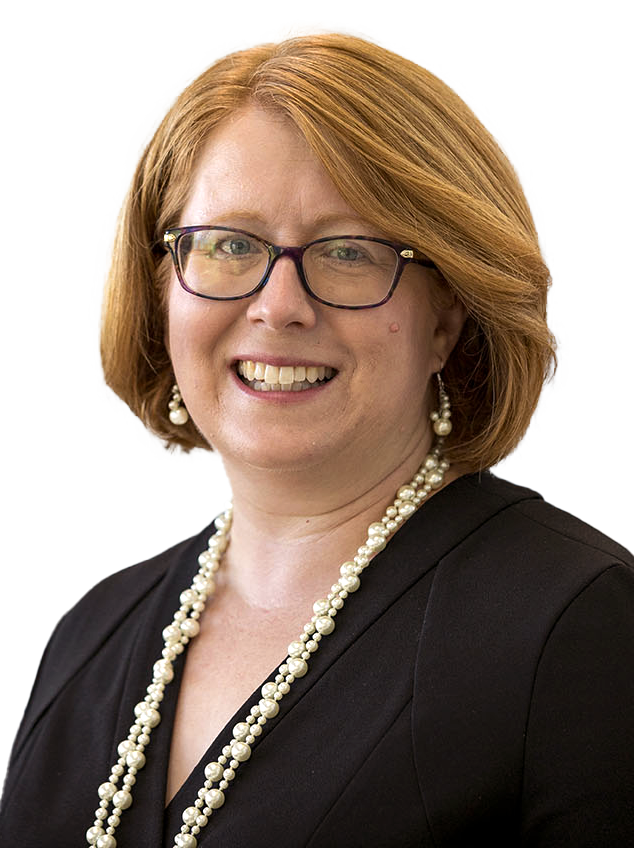HPEC
Live: April 29, 2025—On-Demand through July 11, 2025
Plenary Sessions
Shifting Toward Equity: Cultivating Inclusive Educators in Healthcare Education
Tuesday, April 29, 2025, 9:30–10:30 AM CT
Healthcare education is at a crossroads, requiring a fundamental transformation to meet the needs of a diverse and ever-changing world. In this keynote session, Dr. Sally Arif will present a framework that encourages educators to embrace self-reflection, humility, vulnerability, connection, and allyship as essential components of their teaching.
Drawing from her book, Shift: A Practical Guide for Cultivating Equity and Inclusion in Healthcare Education, Dr. Arif challenges educators to move from traditional, static approaches to a dynamic, equity-centered model. This session advocates for reshaping how future healthcare providers are educated, emphasizing practices that honor the humanity of both learners and patients. Attendees will explore strategies to address personal and systemic barriers while creating inclusive, compassionate learning environments. By the end of the session, participants will be equipped to initiate the shifts needed to transform healthcare education and empower the next generation of providers to deliver just and inclusive care.

Dr. Sally Arif, PharmD, BCCP
Professor of Pharmacy Practice, Midwestern University, Cardiology Clinical Pharmacist, Rush University Medical Center
Dr. Sally Arif is an international consultant, author, and speaker with nearly 20 years of experience in healthcare education and clinical pharmacy practice. She is a tenured professor of Pharmacy Practice at Midwestern University and a cardiology clinical pharmacist at Rush University Medical Center in Chicago, IL. Dr. Arif is the founder of Equity-Minded Collective, a DEI consultancy focused on dismantling systemic inequities and fostering inclusive environments in healthcare and higher education.
Thoughtfully Augmented: A Framework for Integrating AI in Health Professions Education
Tuesday, April 29, 2025, 3:00–4:00 PM CT
In the rapidly evolving landscape of artificial intelligence, health professions educators face the challenge of integrating AI tools while staying true to core values such as ethics, privacy, and professionalism. How can we thoughtfully adopt AI while upholding professional values?
This interactive session will equip you with a research-driven framework for thoughtfully integrating AI tools into your teaching, learning, and clinical experiences. Using scenarios and examples from health professions education, and integrating emerging evidence on learning outcomes with AI, we will apply the framework to explore integrating AI responsibly into existing teaching and learning processes to support strong learning outcomes. Join us as we provide you with the knowledge and tools to become a thought leader in AI-powered education, and an informed advocate in shaping a future where technology enhances the quality of healthcare.

Janet Corral, PhD
Senior Scientist, Equity in Health Systems Lab, University of Ottawa
Dr. Janet Corral is a renowned educator and innovator in medical education. Dr. Corral has been working in machine learning, big data, and artificial intelligence since 2010. In 2018, she developed groundbreaking chatbots for anatomy education and faculty development, demonstrating the transformative potential of AI in medical education. She holds a certification in AI from the Massachusetts Institute of Technology (MIT).
